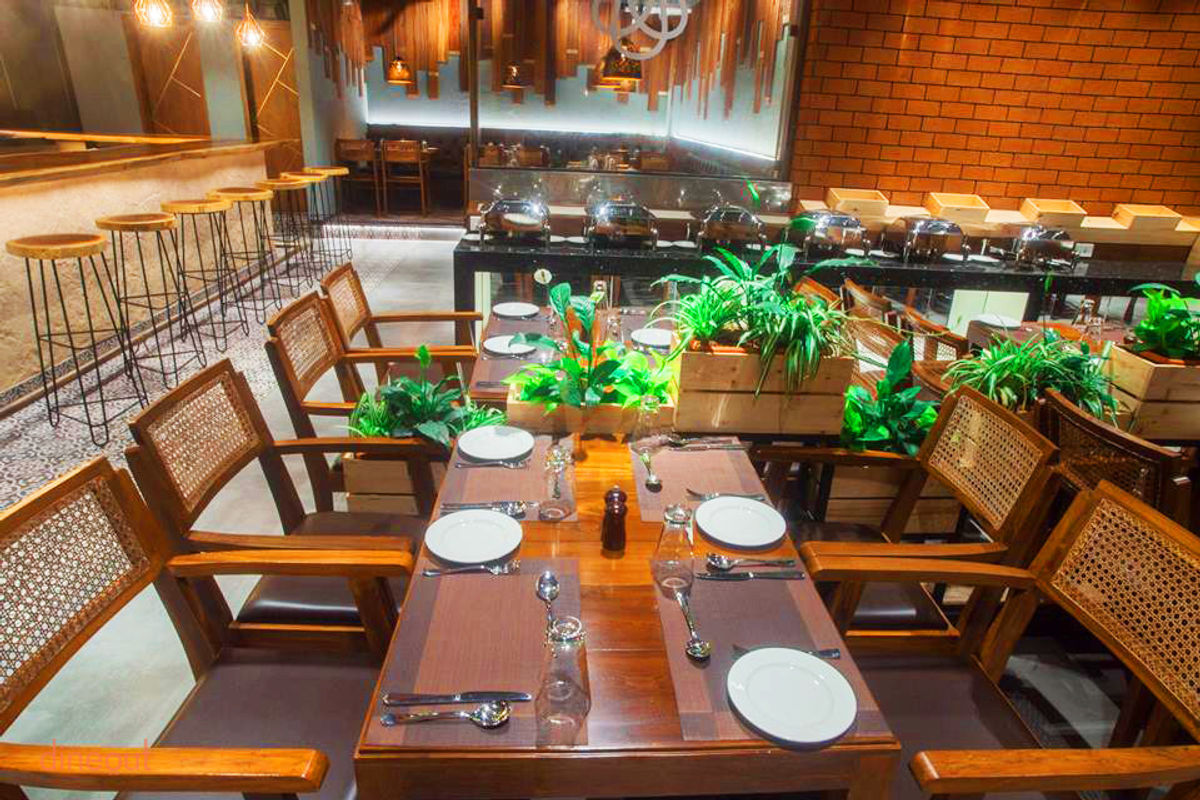New Delhi: The Covid-19 pandemic has left the restaurant industry bleeding with an estimated loss of about Rs 1 lakh crore in the last 100 days.
The sector is also witnessing a closure of about 30% of restaurants across India and with the rest 70% seeing a drop of about 60%-70% in business compared to the same period last
year.
According to Anurag Katriar, president of the National Restaurant Association of India (NRAI), huge amounts of fixed and operational costs are making restaurants bleed at a time when business is at its lowest.
“In our industry, the proportion of fixed operating expenses by way of rentals, utility expenses and salaries is quite significant and with little or no revenues, it is getting very difficult for restaurants to survive through this pandemic. I won’t be surprised if 30% to 40% of the restaurants close down in the coming days. Closure in bigger cities would be much higher due to higher cost of operations in these cities,” Katriar told The Sunday Guardian,
He further added that a closure of 30% of restaurants would also mean a huge number of job losses in the coming days as the restaurant sector is the second largest employer of human capital in India after agriculture, providing direct employment to about 7.3 million people.
In the national capital, several restaurants and pubs have already shut their doors because of the huge rentals they were being made to shell out over the last few months, without any revenue.
At Connaught Place, which over the years had turned into a destination for partygoers in the heart of Delhi, at least 12 restaurants and pubs have shut down. Even at the upmarket Khan Market in Central Delhi, several restaurants, including the iconic Cafe Turtle, have shut shop because of the massive rentals.
Restaurateurs in Delhi say that many of them are not being able to stay afloat at this time since the rentals are very high and many say that they have requested their landlords to adjust the rentals in terms of variable cost, otherwise many others would also have to follow the exit door.
A restaurateur from Delhi, who did not wish to be named, said that the government’s decision to shut everything by 9 pm and now at 10 pm, coupled with 50% seating and no serving of alcohol has hit business hard.
“If all our staff have to reach home by 9 pm, our last order in the kitchen cannot be later than 8 pm and who in Delhi has dinner at 7 pm or 8 pm? Moreover, with 50% seating and no alcohol, revenue has been slashed significantly. The drop in sales here is at 80% since many are avoiding eating out due to the fear of the pandemic,” said the restaurateur quoted earlier.
The NRAI predicts that the road to recovery for nightclubs and pubs would be even tougher as social distancing norms have to be adhered to strictly until the time a cure or a vaccine for Covid-19 is found.
However, the NRAI has proposed a long 100-page list of SOPs (standard operating procedures) for restaurants across India, calling it “Covid proofing your restaurant” to instil confidence amongst customers.
According to NRAI, they have suggested the use of digital menu cards and digital payments for all customers; Covid-19 tests for all restaurant employees every 14 days; a complete protocol for receiving and handling of all goods including consumables and non-consumables; adequate training of kitchen staff while handling utensils and cooking; removal of all bar stools and use of glass visors wherever possible, among many other such measures.
The NRAI was also expecting some sort of a moratorium or help from the government, but in the absence of that, the organisation has written to the Ministry of Finance with its recommendation to help the industry and has also met the Finance Minister to apprise her of the challenges the industry faces and the demands of the industry.
“We have requested for two forms of support from the government, one being liquidity support and the other being policy support. On the liquidity front, we have requested for making available easy working capital with six months’ moratorium, lowest possible interest rate and low collateral. We have also requested the government to pay partial salaries of our employees covered under the ESIC Act, using the massive ESIC corpus, so that the restaurants get some respite on cash flow. We have also requested the government to declare this pandemic as an ‘Act of Force Majeure’. On the policy front, we have requested the government to restore the input tax credit on GST for our sector, a robust national e-commerce policy which is fair to all stakeholders. We have also requested the Government of India to create dedicated F&B parks or hubs; we want the concept of Make in India to extend to Serve in India,” Anurag Katriar told this newspaper.

